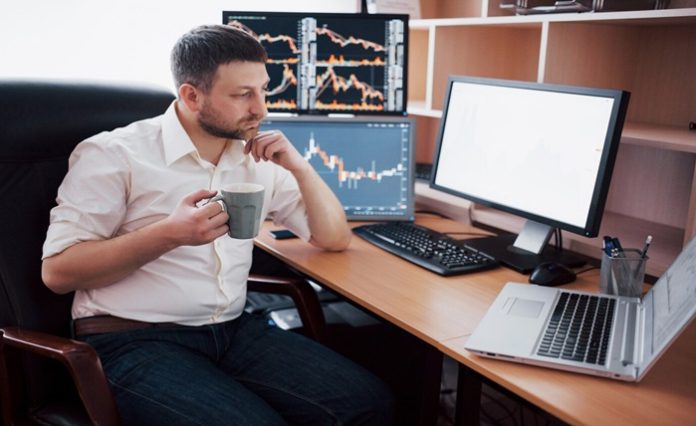Proprietary trading has become a dominant force in the global Forex market, influencing everything from liquidity to volatility. Traders who work with prop companies have considerable ability to impact markets with their large sums of capital at hand, so they are vital actors in the financial scene of today. Their influence goes beyond just the immediate trading results; they help the market to be efficient, develop its structure, and create new dynamics influencing institutional and retail traders alike. Understanding how these firms work is critical for anyone involved in Forex trading.
Liquidity Enhancement: The Engine of Market Activity
The foundation of the Forex market, liquidity lets traders buy and sell currencies without appreciably changing the price. Providing this liquidity is mostly dependent on prop businesses. Through high-frequency trading and leveraging substantial capital, they can execute significant volume trades in a matter of seconds, keeping the market fluid and accessible for every participant.
These companies help to guarantee that spreads remain tight, therefore benefiting both institutional and retail traders from reasonable prices. Abundance of liquidity improves trading possibilities as well as helps to stabilize the market. Forex prop firms are essential in preserving this environment since they absorb orders and supply counterparty liquidity, therefore functioning as significant market makers.
Market Volatility: A Double-Edged Sword
Prop trading companies affect market volatility even when they help to create liquidity. These companies trade with notable leverage and capital; hence, their actions can produce notable price swings. While this volatility may present difficulties for longer-term positions more susceptible to abrupt changes, it can also help short-term traders seeking to profit from market variations.
Through executing significant trades, usually in response to technical signals or breaking news, prop firms may trigger broad price swings. Though occasionally considered a risk, this increased volatility gives layers of complexity and chances for experienced traders to negotiate such conditions. While for some, volatility becomes a market advantage to leverage, for others, it calls for careful management.
The Role of Proprietary Firms in Market Efficiency
Proprietary trading firms play an important role in increasing market efficiency. Their use of sophisticated algorithms and high-frequency trading techniques lets them handle enormous volumes of data while executing trades at rates humans simply cannot match. This efficiency guarantees that the worldwide Forex market stays closely linked across several platforms, therefore helping to minimize the effect of price variances across different exchanges. Prop firms help to reduce arbitrage possibilities by closing the supply and demand gaps and making sure that prices across exchanges stay competitive. Their activities guarantee that markets remain in line, therefore benefiting not just themselves but also the whole trading community since price discovery becomes more exact.
Increased Competition: Leveling the Playing Field
Prop firms also help to increase competition in the Forex market as their influence continues to grow. Better pricing and more opportunities for individual traders result from increased competition among market participants.This competitiveness ensures that pricing is sharp and liquidity is available even for less-traded or emerging cross-pairs such as the volatile EUR to ADA. Retail traders would find it difficult to get the same market insights and liquidity that institutional traders have in conventional Forex trading methods.
As prop trading companies expand, however, they democratize access to cutting-edge techniques and resources. By means of prop firm programs, retail traders can use the same infrastructure and trading tools as their institutional counterparts. This degree of competitiveness can drive the whole market toward improved efficiency, in which case even small players have the opportunity to flourish.
Risk Management and Regulation: Balancing Innovation and Stability
Proprietary trading firms frequently employ complex risk management strategies, balancing the desire for profit with the need to limit potential losses. Their ability to effectively manage risk is crucial to their success because there is a lot of money at stake, particularly given how quickly the Forex market can shift course. Regulators have started to create systems meant to guarantee that the operations of these companies do not throw off the market in response to their increasing impact.
Maintaining a healthy balance where invention can flourish free from systematic risk depends on these rules. Although private companies may challenge established market practices, the regulatory environment guarantees that they run within limits that safeguard the general integrity of the financial system.
Conclusion
The rise of proprietary trading firms has undeniably changed the global Forex market. These companies have grown to be important participants since they enhance liquidity, introduce volatility, boost market efficiency, and intensify competitiveness. Their impact has produced a more dynamic, fast-paced atmosphere where success is determined by ability and strategy, even if it provides both possibilities and difficulties. One of the most fascinating features of global Forex trading as the market changes will be the interaction of prop businesses, retail traders, and institutional investors.

